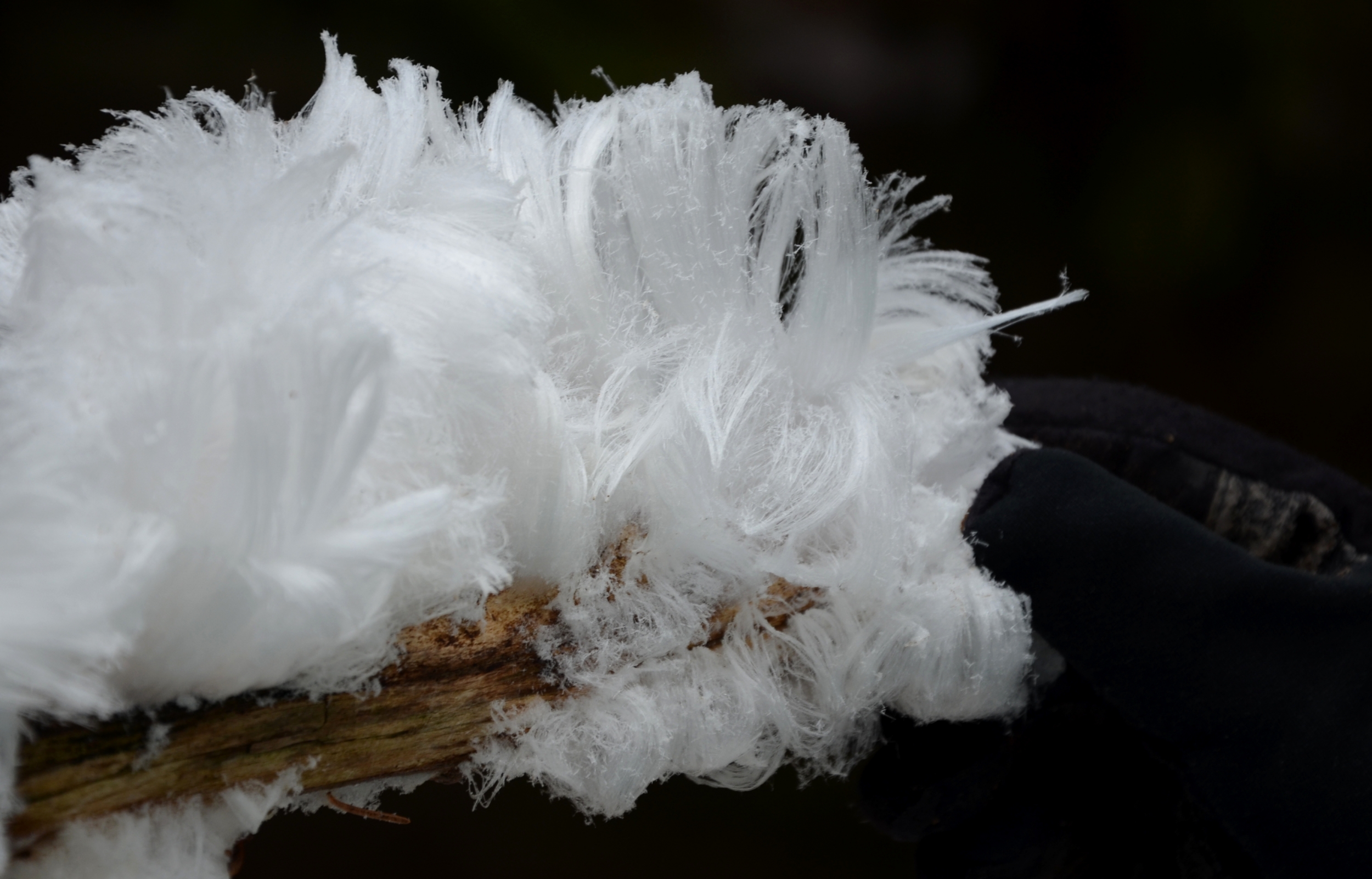

Home > Knowledge center > Microcrystalline Cellulose

Specialist:
Gerwin Elzinga
Date:
June 2022
Category:
Tags:
innovation/inventionimproving the environment100% biobasedsaving costsimproving product
The Sirius Effect:
Assumptions are an intellectual shortcut, a way to quickly make sense of the world without having to determine if something that was true 99 times before is still true. By being quick and easy, they allow us to get over the initial business of figuring out what or who is before us, and get on with the business of dealing with the whys and hows. But because assumptions are quick and easy, they are also, quite often, wrong. For this newsletter, we are examining our assumptions about microcrystalline cellulose, and the surprising discovery that was made when we tested them.
"Sirius does not assume anything when brainstorming for its next innovations"

Microcrystalline cellulose (MCC) is commonly used as an emulsifier, a dispersing agent stabilizer, anti-caking agent or deintegrator in effervescent tablets. It is ideal for such use because it is chemically inert. The many uses of MCC have been covered in earlier posts; for our customers, this compound is mainly used as a thickening agent in shampoos and detergents, or to control how quickly detergent tablets will disintegrate. Due to the growth of concentrated tablets to which consumers add water at home themselves, this is the most rapidly increasing application. However MCC has uses in food, medicine, water treatment, and many other industries as well.
The key determinant of what MCC does in a particular application is determined by the particle size. Fine particles absorb water more quickly than coarse particles, meaning that the tablet disintegrates more quickly. Most people assume this is optimal, and base their product design around this. However, coarser MCC is cheaper to produce, so searching for a balance between coarse and fine remains a crucial aspect of product development. Especially realizing sustainable (waterless) products the use of MCC is a defined way to develop waterless tablets to avoid unnecessary water transport around the globe.
Sirius carries two different types of Cellubrite MCC: coarse and fine. For ADW tablets, most of the customers of this product prefer the fine MCC. The fine MCC is easier to press into tablets, and it disintegrates quickly, which is assumed to be an advantage in mechanically washing dishes. However, our research concluded that the longer dissolution time of the coarse MCC is actually more suitable for this application. Dishwashing tabs need to dissolve at a constant rate in order to maintain their cleaning abilities throughout an entire cycle, and with a coarser particle size this happens more evenly. This finding means that it is possible to reduce costs and get a better product. A win-win.
If you want to know more about this finding and what it means for your product formulation, please contact Sirius. Product experts are standing by to tailor-develop MCC to fit your exact application requirements because we don’t assume anything...
© Copyright Sirius International Detergents BV | Sirius International Water Treatment BV
Other blogs
Blog
Cosmetics
Blog
Briteframe AQn
Blog
Platform for innovative raw materials
Blog
BritePro non-GMO probiotics
Blog
100% bio Phenols
Blog
Water treatment
Blog
Circular Surfactants
Blog
EU green deal
Blog
Choose sustainable palm kernel oil!
Blog
Life Cycle Assessment
Blog
Strong surfactants
Blog
100% bio Mild surfactants
Design: Inzpire Design & Communicatie | Development: Haagen Web & App